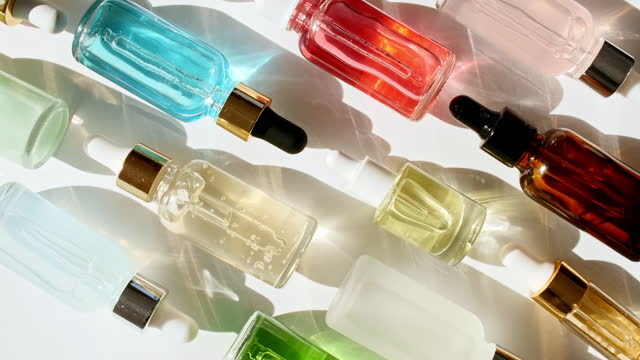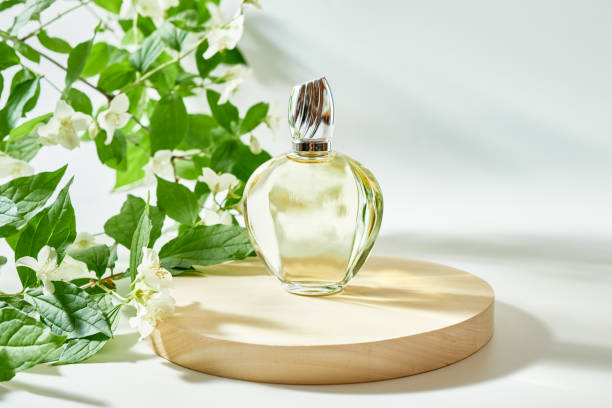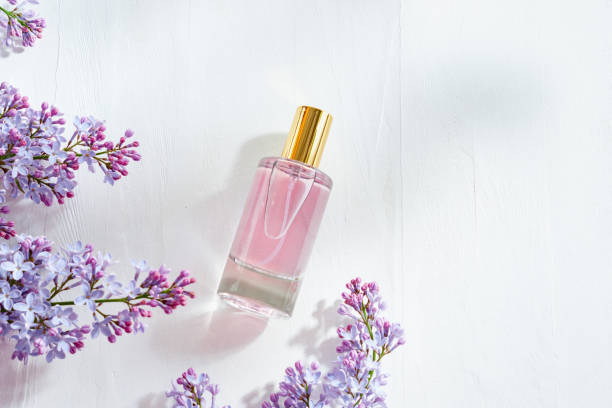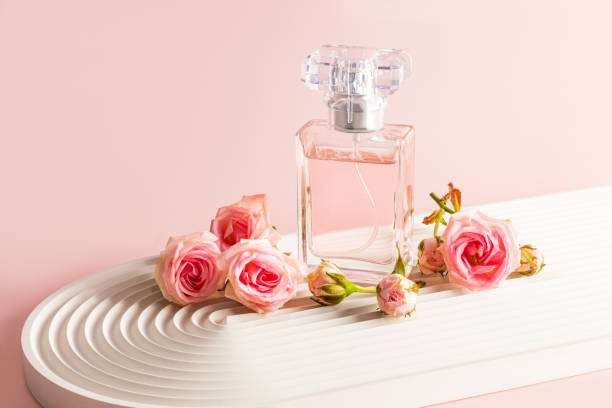Introduction
history of perfumes come from Egypt’s Queen Cleopatra. Their history is very old. Referencing Egypt’s sovereign Cleopatra, we see that she was popular for her excellence and scent. Cleopatra used flower extracts and massage oils.
Around then, perfumery was both a craftsmanship and a science. According to Egyptian historical texts, Cleopatra scented her boat before one of her famous meetings so that when she met Julius Caesar, the scent would spread throughout the room.
The Appeal of Perfume in Rome and Greece

Both Rome and Greece had developed a greater appreciation for perfume. These people didn’t just use perfumes for scent; they also used them for spiritual and religious reasons. Fragrances were utilized in the love of divine beings and goddesses. The homes and clothes of Roman emperors were scented. The Greeks also liked to smell their clothes and weapons before going into battle because it gave them courage and spirit.
The Magic of Arabia and Alchemists
Arabia and its alchemists ushered in a new era for perfumery. They started using alcohol, which helped perfumes keep their scent for longer. The art of perfume making became even more refined when they discovered distillation. From Arabia, alchemists brought numerous novel ingredients to perfumes, and this art spread to Europe.
The Age And history of perfumes of Perfume in France

Perfume is thought to have originated in France. France established itself as the center of perfumery in the 17th century. Perfumes became a fashion accessory as well as a source of fragrance. Ruler Louis XIV made fragrances a piece of court culture. Around then, Grasse in Southern France turned into the focal point of the fragrance business. Grasse was the location where flowers were grown, and perfume production began there. High society in France became extremely fond of perfumes from this era.
The Mass Production of Perfumes
Following the Industrial Revolution, mass production of perfumes began. In the nineteenth hundred years, the utilization of engineered synthetic substances began, which helped in making the aroma of scents last longer and diminished creation costs. Fragrances were not generally restricted to the rich; they started to contact the everyday citizens. These perfumes were easier to make and didn’t cost much.
The Magic of Coco Chanel in the 20th Century
During the 20th century, Coco Chanel gave perfumes a new identity. She sent off Chanel No. 5, which is still one of the most well-known perfumes in the world. No Chanel Since the introduction of 5 in 1921, perfumes have evolved from a fragrance to a luxury item.
Coco Chanel changed the perfume industry’s direction and made perfumes an integral part of fashion. The Chanel No. 1 scent 5 and its marketing campaign made perfumes available to everyone and appealing to them.
New Technology and Modern Perfumes

The perfume industry has advanced even further in recent years. Perfumes have improved and become more long-lasting thanks to modern technology and scientific research. Nowadays, a blend of natural and synthetic ingredients is used.
Additionally, ethical and environmental considerations are taken into account when producing perfumes. In recent years, niche and custom perfumes that cater to individual preferences have also gained a lot of popularity.
Pop Culture and Perfumes
Perfumes have a significant impact on popular culture. A lot of people buy perfumes that are sold under the names of Hollywood stars and celebrities. Scents are a wellspring of aroma as well as an explanation. In order to reach a larger audience, perfume brands employ celebrities and icons from popular culture in their marketing campaigns.
The Perfume Industry’s Future
In the future, the perfume industry will expand even further. The demand for eco-friendly and sustainable goods is growing. Companies that sell perfume are also paying attention to this and producing environmentally friendly perfumes. In addition, the perfume industry is utilizing AI and machine learning to discover novel scents.
The Importance of Perfumes and Their Cultural Impact
Perfumes’ significance extends beyond their fragrance. Additionally, they are a social and cultural icon. Perfumes have a special place in every culture. Perfumes have added color to people’s lives, from Cleopatra of Egypt to Chanel of today. They are more than just a scent; they are also a part of history, a legacy, and a way of life.
From Cleopatra to Chanel, perfumes traveled a fascinating and colorful route. They have always provided people with scent and freshness.

[…] are various justifications for why aroma impersonations are turning out to be more famous. Perfume Dupes Clients these days are more parsimonious, yet they actually need a very good quality experience. […]